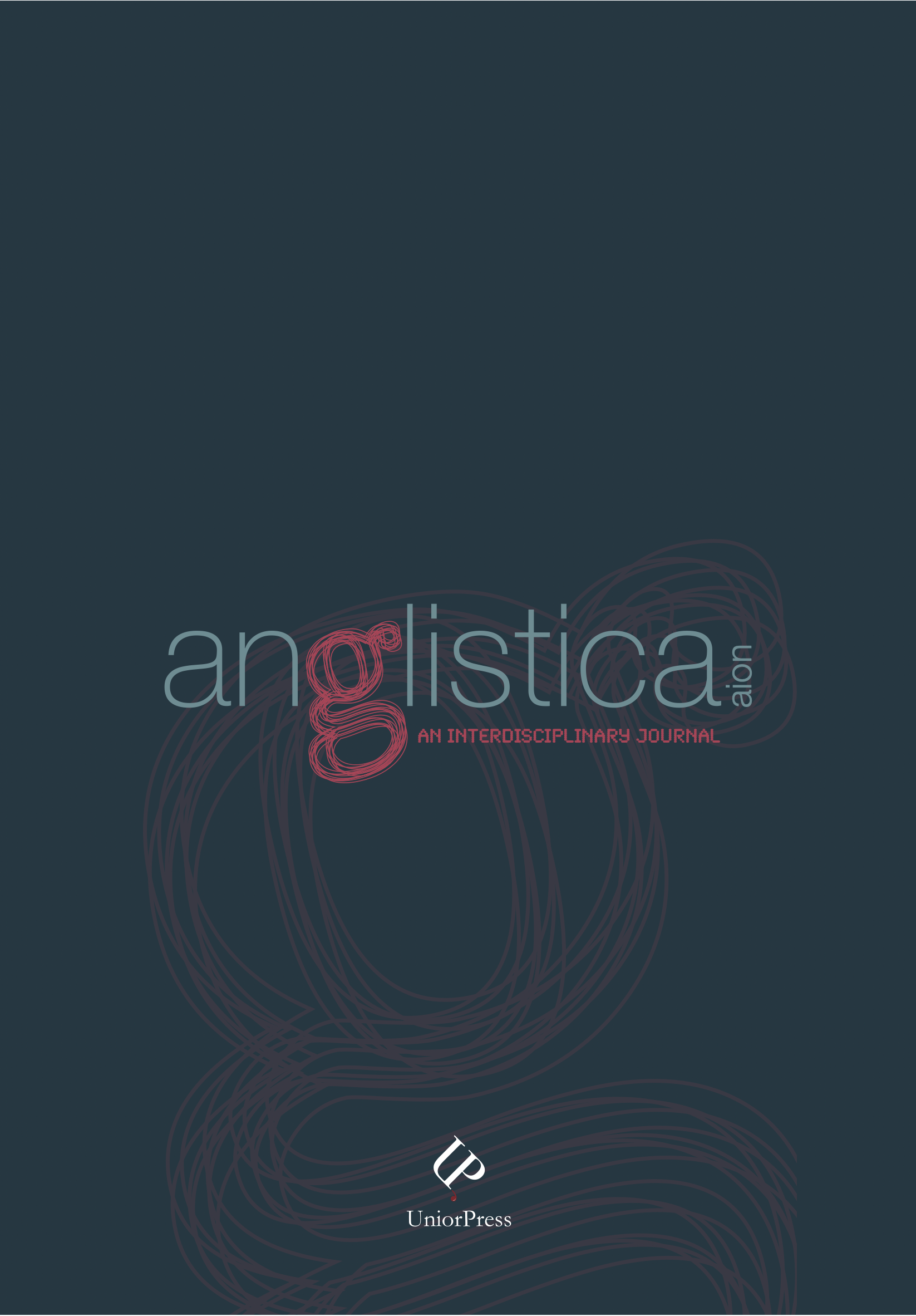Practices of Resistance in Social Media Discourse
The Case of Grassy Narrows First Nation
Abstract
Grassy Narrows is sadly known for one of the worst community health crises in Canada. It came to public attention in 1970 when it was revealed that an alarming number of the community members were displaying symptoms of the Minamata disease, a form of mercury poisoning, due to the huge amount of mercury dumped into the Wabigoon river from 1962 to 1970 by a chemical plant. Despite the fact that Grassy Narrows’ leaders and activists have struggled, over the years, to bring the issue to the fore, the community has not received the help they needed to face the devastating consequences of the poisoning – which are still going on nowadays. This paper takes into account the narratives emerging from one of the main micro-blogging and social networking services, namely Twitter, to attract public attention and engage wider audience. Analysis of the tweets collected by extrapolating three hashtag streams – specifically #grassynarrows, #freegrassy, #FreeGrassyNarrows – is meant to reveal forms of counter-discourse which continue the struggle for justice. The texts included in the corpus are analysed in search for the most recurrent themes through which issues relating to Grassy Narrows are framed and awareness on vital questions is created in the online and offline world.


